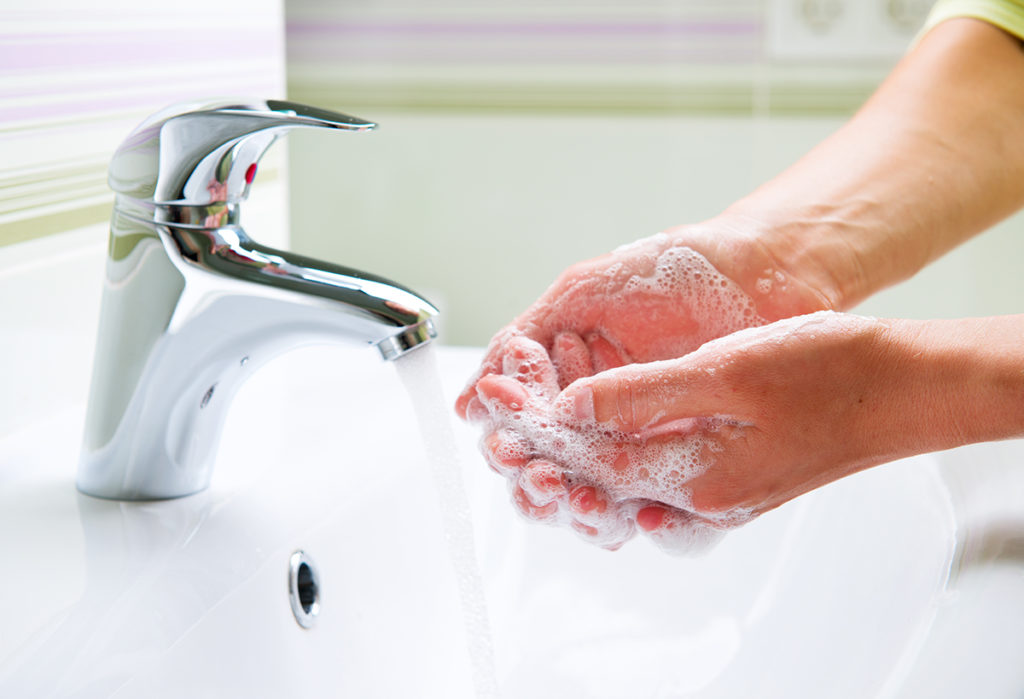Gloves do not offer foolproof protection against COVID-19

If you are intent on lessening your risk of contracting COVID-19, or spreading it to others, the recommendations from the CDC are clear: Wear a mask, social distance, disinfect highly touched surfaces daily, and wash your hands frequently and thoroughly.
Other practices are less reliable. Wearing gloves, for instance, may offer a sense of security, but it does not deliver the level of protection one might suspect. Medical professionals are advising people to regard the use of gloves with caution, noting that gloved hands can become contaminated as readily as ungloved fingers.
Gloves can be “a little bit deceptive,” Dr. Mary E. Schmidt, a board-certified infectious disease specialist and associate professor of clinical medicine at Virginia Commonwealth University, told CNBC. “People get this idea that they’re protected, and then use gloves to touch themselves or touch their face. As soon as those gloves are contaminated, it’s just like having your [bare] hands.”
Gloves are regularly worn by employees of Clark Dining Services, members of Facilities Management involved with sanitizing spaces, and by some workers in Clark’s COVID testing facility at the Kneller Center — all of whom follow rigorous protocols. For example, test-site workers who wear gloves must disinfect their gloved hands with sanitizer between each use of the keyboard, and must replace the gloves after six disinfections.
“Gloves, like all PPE, should be used specific to the task performed by the worker to keep the worker safe,” says Dan Roderick, director of Facilities Management. “With respect to COVID, I have eschewed using gloves in favor of diligent handwashing when performing campus work activities. I use gloves when responding to biohazards or when I may come into contact with chemicals or other materials that would be caustic or an irritant to my skin.”
Michael Newmark, who oversees Dining Services as Sodexo general manager, says his workers change gloves frequently and wash their hands between each change.
Schmidt offers these tips for glove use:
- Before you put on a new pair of gloves, wash your hands or use a hand sanitizer.
- Make sure that the gloves aren’t ripped, soiled, or discolored, and pull them up so they cover your wrist.
- Gloves must be taken off from the inside out to avoid contamination. This CDC graphic illustrates how to remove gloves.
- Don’t reuse gloves. Dispose of gloves that have already been worn.
“If you do wear gloves because of your position or responsibilities, I would treat them just as you would your hands to prevent transmission of any virus or bacteria you may come in contact with,” says Dennis Keefe, Clark’s chief health officer. “This is the best way to protect yourself and others.”


